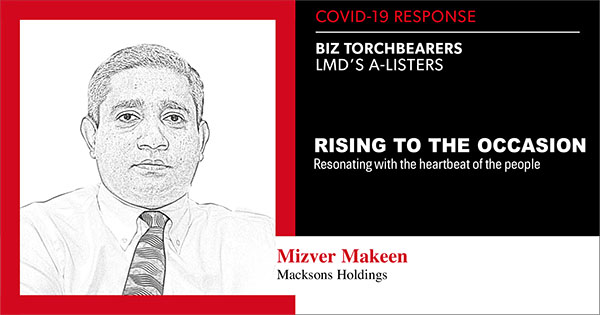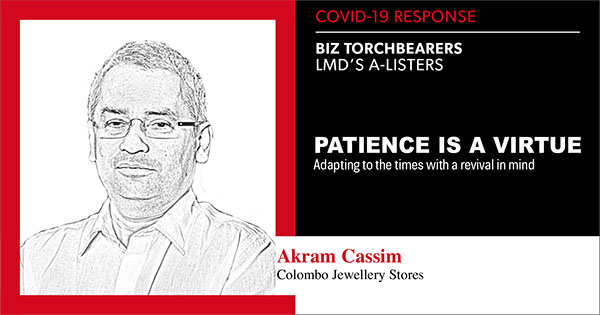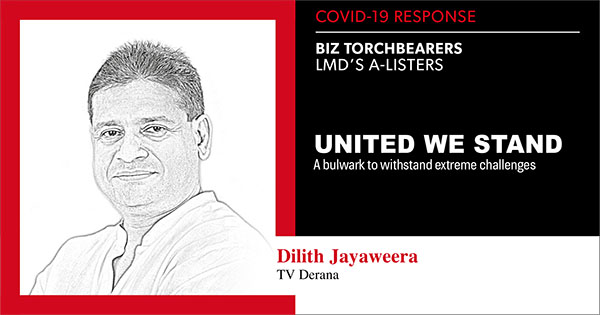Q: How has your organisation played a part in mitigating the impact of the COVID-19 crisis?
With all the technology available today, it’s easier to reach out to staff and customers than it was a decade ago.
From the beginning of the pandemic, we created social media groups among our staff, and continuously reminded them of the seriousness of COVID-19 and precautions they should take.
We appointed a team to handle such communications and set up a hotline for anyone to bring any concerns to our notice. In addition, we spread awareness and strict enforcement of the guidelines that the company had communicated before the curfew was imposed.
During the curfew, we continued to use these platforms to be in touch with staff and keep them informed.
However, we realised that being at home for extended periods of time could also create boredom and lethargy among employees – and as a result, we launched a talent competition for employees and their families.
A panel of judges was appointed to review the video clips of hundreds of contestants, and we requested employees to vote and then selected the winners. This created excitement, and it was nice to see how many employees took this event seriously and participated.
We also conducted art competitions for children on the theme of ‘Society and the Impact of COVID.’ This was very important as most families came together through this competition to gain a better understanding of the seriousness of the pandemic and the need for the precautions we wanted them to take.
Moreover, we used social media and WhatsApp groups for customers, with a new video clip every week about taking care of oneself, loved ones and vehicles in garages. We engaged with our customers as much as possible to keep them informed and also maintained our relationships with during this difficult time.
Q: Are special benefits being offered to staff in the light of the crisis, and its impact on jobs and earnings – if so, could you cite a few examples?
With so many stories and predictions about the impact of the pandemic and what was to be expected, many were in a panic mode. However, we adopted a ‘wait and see’ approach to execute plans the company had made in relation to certain cost reduction initiatives.
While we implemented many of them immediately, we held back on reducing staff benefits and retrenchments until operations commenced. We understand the difficulties people encounter under prevailing economic conditions in terms of managing their cost of living and getting by – so we didn’t want to add to the burdens of households if we could avoid it.
So far, we’ve come out of the crisis stronger than expected; and as long as we can sustain the present performance, we’ll not reduce staff incomes or put people out of employment.
If things change for the worse however, we’ll have to make such unpleasant and difficult decisions… fingers crossed that it all works out.






